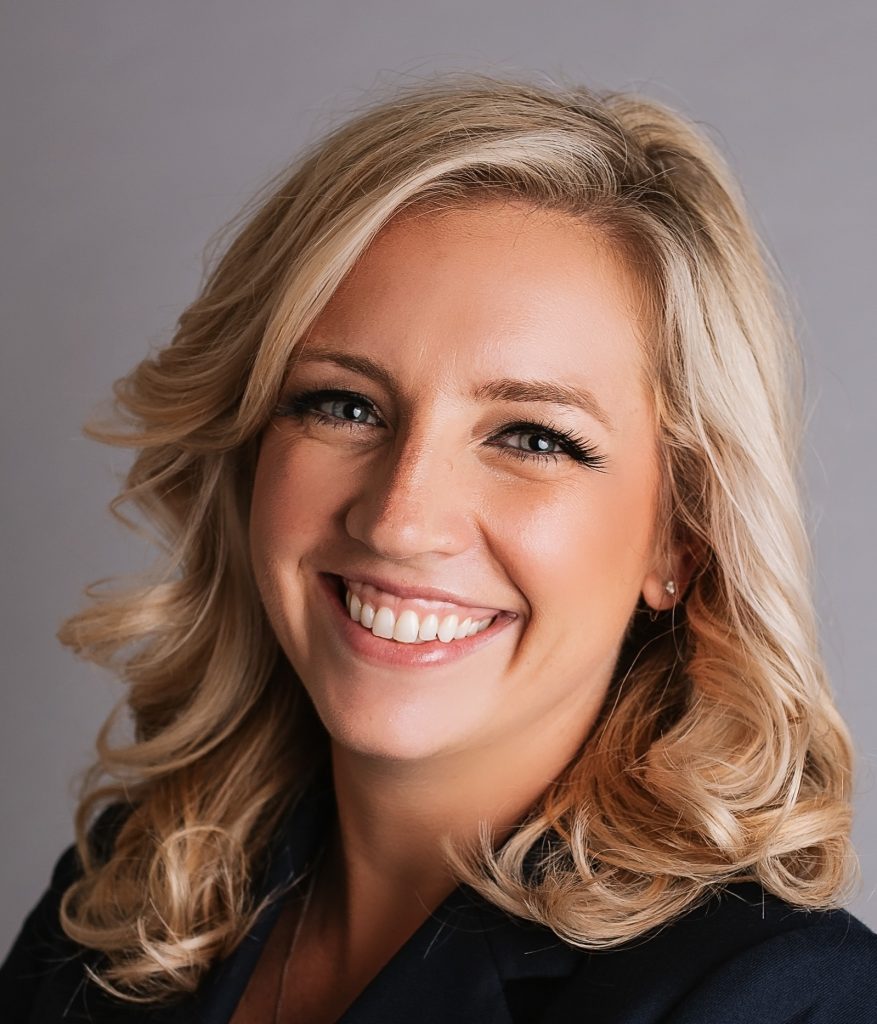Emilie Wren Arralis Technologies

Emilie Wren is vice president, U.S. Operations for Arralis Technologies, a leader in advanced millimeter-wave technology. The company operates in the communications, satellite, aerospace and defense markets with locations in the United Kingdom, Ireland and Daytona Beach Wren has been in the position for two years.
What implications do you see for your organization resulting from the coronavirus and how are you mitigating the potential risks and challenges?
The supply chain issues caused by COVID have had the biggest issue on us and our customers. The ongoing global delay in circuit boards has prevented a lot of companies from finishing products that were to be launched in 2021. For Arralis, we have a delay in ability to scale the production volume due to these issues. The Arralis team has done a great job of finding alternate suppliers and continuing to improve the design work on our products. We are currently building a new transceiver with components which we can source immediately. Thankfully, there is an understanding in the space industry of these issues and our customers are dealing with the same concerns.
What actions have you taken or will take to return to the growth expectations you had as 2019 ended? When will it be achieved?
Our plan for early 2020 was to have a team of 6 and be engaged with at least three major satellite makers to supply their communication platform. Unfortunately, in January of 2021 we were a team of two and had spoken to satellite manufacturers, but with lack of engineering resources in the states, we were not able to provide the needed products. I am proud to say we are on course for adding three engineers by the end of Quarter 1 2022 and have already begun the discussions with at least four globally known satellite makers.
An organization’s culture flows from the top down. What leadership skills do you find effective in promoting the agency’s mission and vision to employees, clients and customers?
Transparency on the good and on the bad and honesty about the path forward — with everyone internally and externally. Since Arralis is a small organization, we must trust our team to not only do their job but help with any aspect of the growth of the company. Without transparency on the challenges, transparency on the wins and honesty about what we are doing and where we are going, the team doesn’t have buy-in on the vision of the company. I truly value the culture we have and anyone who joins our team or works with our customers shares this intrinsic belief.
At EVOLVE we have a shared belief that leaders develop their success skills by overcoming the challenges and adversity they face. Do you believe that hypothesis and if so, what adversity have you faced and overcome that helped put you where you are today?
Absolutely. I believe the challenges we face as leaders and humans help us grow into the person we will be come. When I was in college, for several reasons, I had to drop out. I had no education, no real job experience, and no path to success in sight. I went to a job interview for a call center agent with laryngitis and no voice. I was barely out of the parking lot when I got the call I was hired! To this day, I do not know why they chose me but what I learned after getting that job is that attitude is more important than experience and education. I was willing to learn and willing to work whatever shift they needed, and it paid off. I worked for that company for almost 10 years, finished my education while working for them and ended up running seven offices for the company. I am still in contact with the manager that helped me blossom into a leader and took a chance on a kid with no experience and no voice.
What closing comments or counsel would you offer to emerging business leaders and entrepreneurs to continue their path to success?
The famous quote from Richard Branson, “If somebody offers you an amazing opportunity but you are not sure you can do it, say yes – then learn how to do it later!” applies. When I joined Arralis, I had zero experience in the space industry. I knew nothing of the “black magic” of Radio Frequency Engineering and math was always my worst subject. Suddenly, I am working for a highly technical company who provides components for satellites. Our customers are some of the biggest names in the world and I have had to learn to find my voice not being as experienced or knowledgeable in the industry. I trust my team as experts in the industry and guide conversations with customers so the experts on their team are supplied with the correct information from ours. You do not have to be an expert to be successful. All you need is to bring in the right people around you, be honest about what you know and what you don’t and trust your team to be as passionate about the company as you are.


